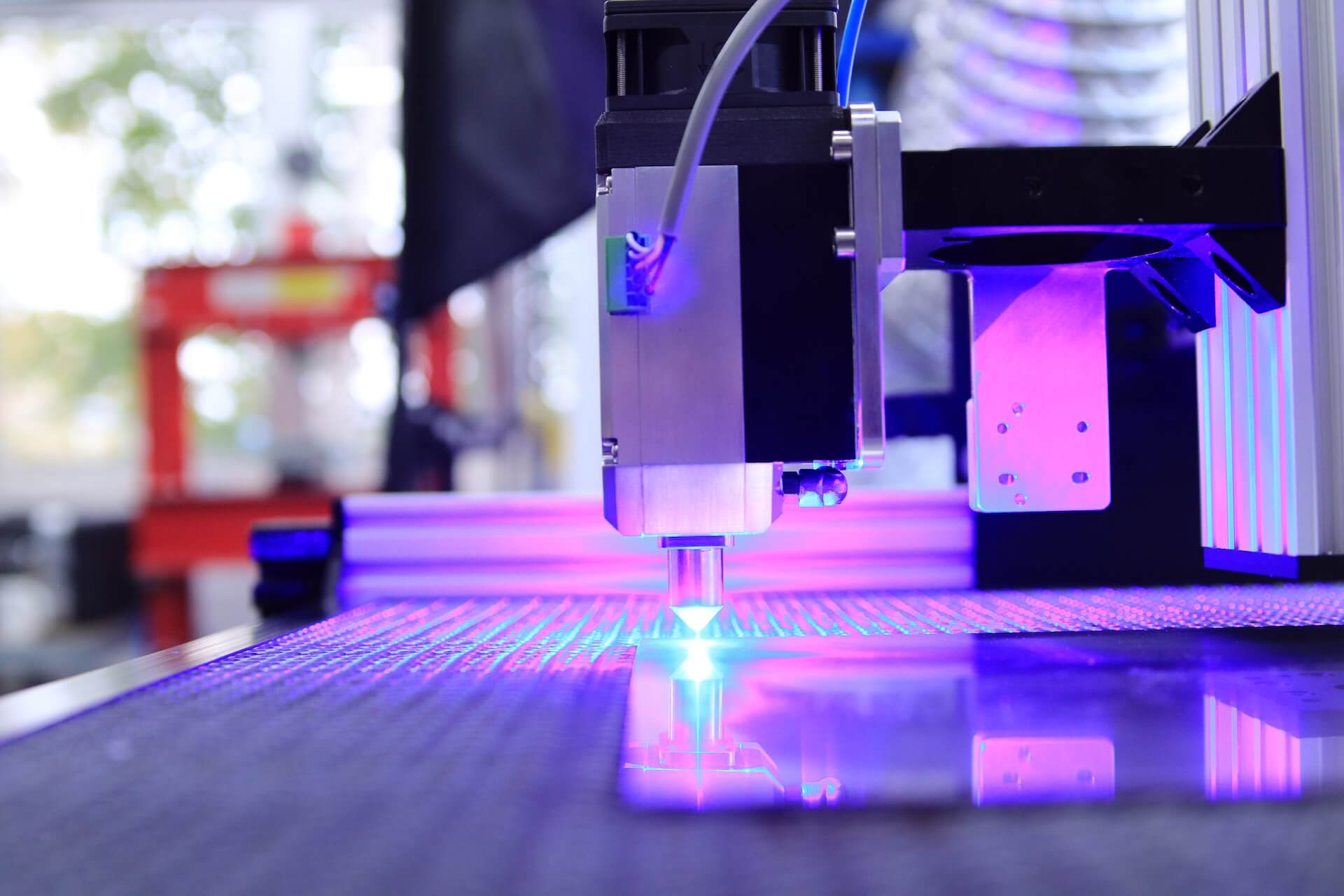Debunking Common Misconceptions About AI

Noah Brooks
Educationist
Jan 3, 2023
5 Min

Myth 1: AI is All About Humanoid Robots
Contrary to popular belief, AI encompasses a broad spectrum of technologies, from chatbots to image recognition systems. Not all AI applications involve robots resembling humans.
Myth 2: AI Possesses Human-like Intelligence
While AI can perform impressive tasks, it lacks the depth and complexity of human intelligence. AI is specialized, excelling in specific domains but lacking general human cognition.
Myth 3: AI Can Replace Human Creativity
AI can simulate creative processes, but true artistic expression and innovative thinking remain distinctly human attributes.
Myth 4: AI Understands Context Like Humans
AI lacks human-like understanding of context and emotions. Natural Language Processing has progressed, but grasping nuanced human communication is still a challenge.
Myth 5: AI is Infallible and Bias-Free
AI systems learn from data, which can contain biases. Without careful oversight, these biases can be perpetuated, leading to biased outcomes.
Myth 6: AI Will Lead to Mass Unemployment
While AI may automate certain tasks, it also creates new job roles centered around its development, maintenance, and ethical governance.
Myth 7: AI Can Think and Feel
AI doesn't possess consciousness or emotions. It processes data and performs tasks based on algorithms, devoid of subjective experience.
Myth 8: AI Can Solve Every Problem
AI is a tool, not a panacea. Its effectiveness depends on data quality, algorithm design, and appropriate application. AI augments human decision-making but doesn't replace human judgment, especially in complex scenarios requiring moral reasoning and empathy.
AI's reality dispels myths—beyond humanoid robots, AI lacks consciousness, emotions, and human-like comprehension. Understanding its limits is paramount.
Educationist







